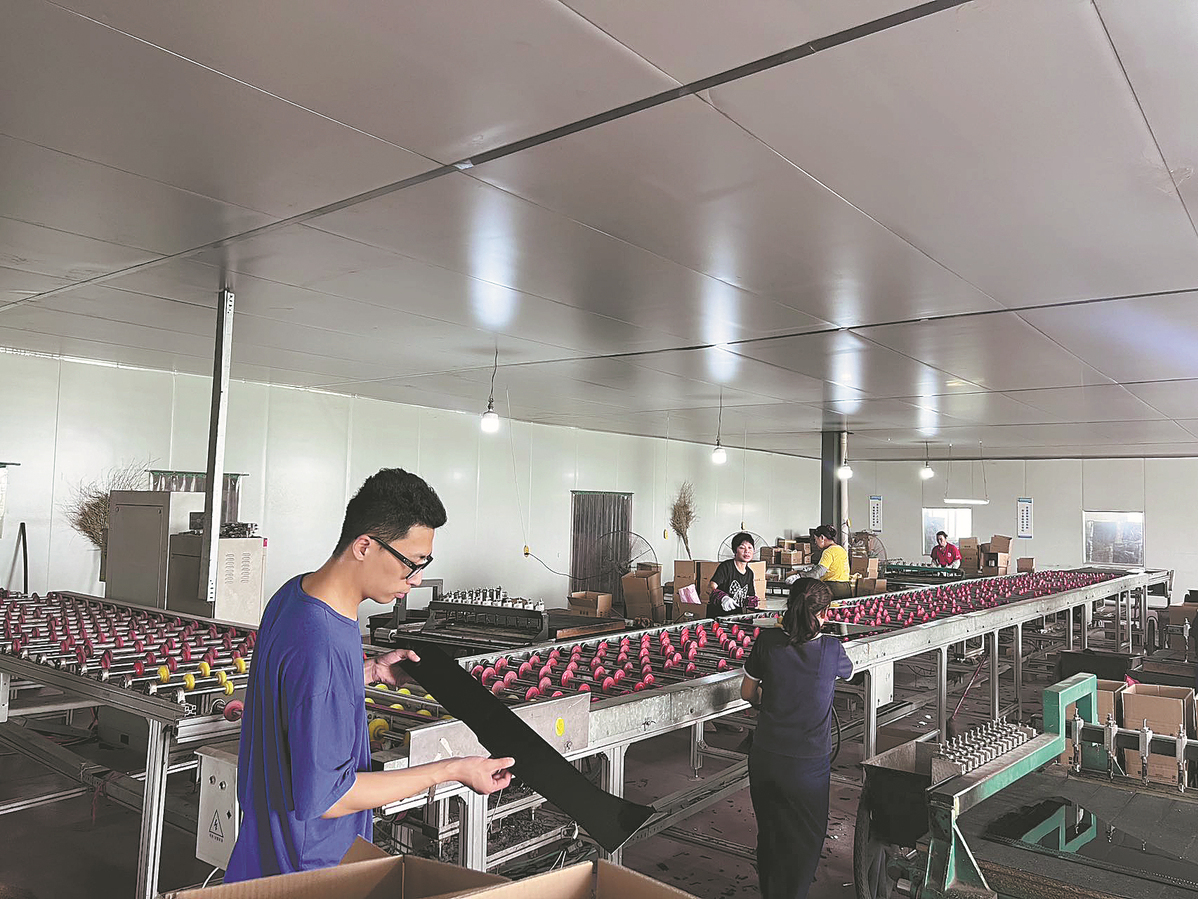Succession questions raised as family firms face hurdles
Inheritors of successful businesses built a generation ago try to cope with economic changes


Reluctant successor
He Yulong, 28, took over Xuchang Tianhe Welding Device Co, in Xuchang, Henan province, in circumstances he had little control over.
He has a bachelor's degree from Texas Christian University in Fort Worth, Texas, and a master's in entrepreneurship from Massachusetts-based Babson College.
His father passed away at the end of 2021, leaving him to manage a "family-oriented company where senior positions are held by relatives with differing opinions", He said.
"The reality of managing a business is very different from my idealized dreams; it's far more stressful and challenging. Over time, I've gained recognition for my management abilities and have worked closely with my father's friends on finer management details," he said.
Established in 1986, Tianhe Welding Device primarily produces optical glass. The factory has over 200 employees, generating annual sales revenue of 70 to 80 million yuan, with 90 percent of products exported to long-term clients.
In his childhood, he witnessed the production process of glass firsthand and knew he would eventually take over the expanding operations. His main responsibilities involve coordinating operations, developing new products, managing after-sales and communications, handling government affairs, and liaising with new clients.
"I'm keen on stability rather than aggressive growth by focusing on retaining the current pace for at least the next five years without aggressively pursuing new products," he said, adding he has made changes to management, reduced costs, introduced new equipment, and diversified suppliers.
He plans to explore internet sales to increase the company's visibility and expand market reach. "However, we face significant challenges as the company is experiencing a crisis and is unable to recruit new talent. This is my greatest concern and struggle at present," he said.
About 70 percent of private enterprise founders hope to pass on the business to a family member, according to the 2022 China Private Enterprise Development Report by the All-China Federation of Industry and Commerce. Approximately two-thirds of second-generation successors believe their business needs technological and management innovation to thrive.
Zhan Yubo, director of the Innovation Economy Research Centre at the Shanghai Academy of Social Sciences, said the pressure on the second generation is significant. While they excel in new media, livestreaming, and e-commerce and show keen market awareness, they need integration into business operations and training. They have grown up in more affluent circumstances, but have not experienced the hardships of their predecessors.
"To sustain and build upon the company's success, it might be more effective to employ professional managers. While the first generation achieved success through effort and opportunity, the second generation's abilities and experiences may not always match those of their predecessors," Zhan said.
























